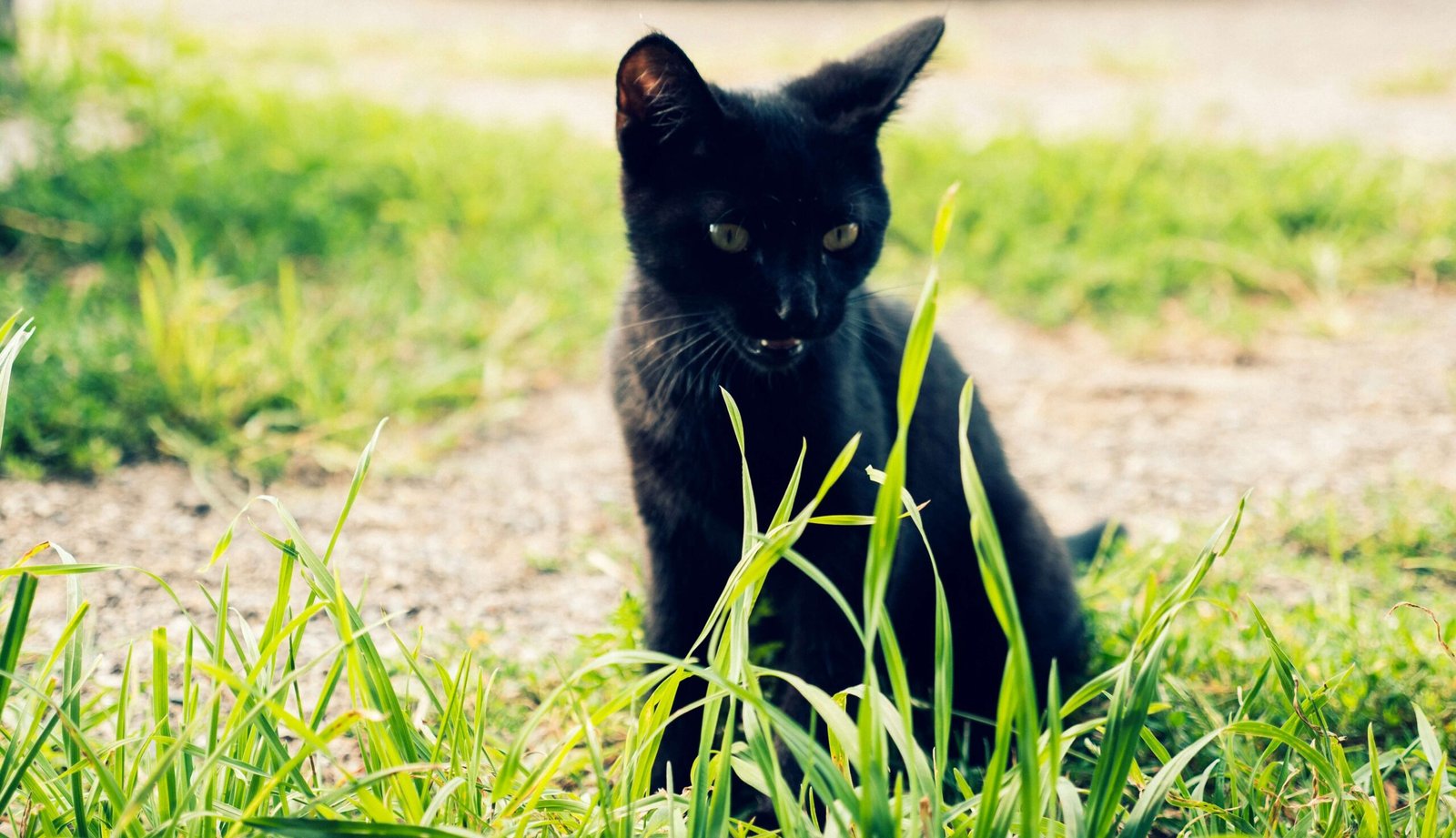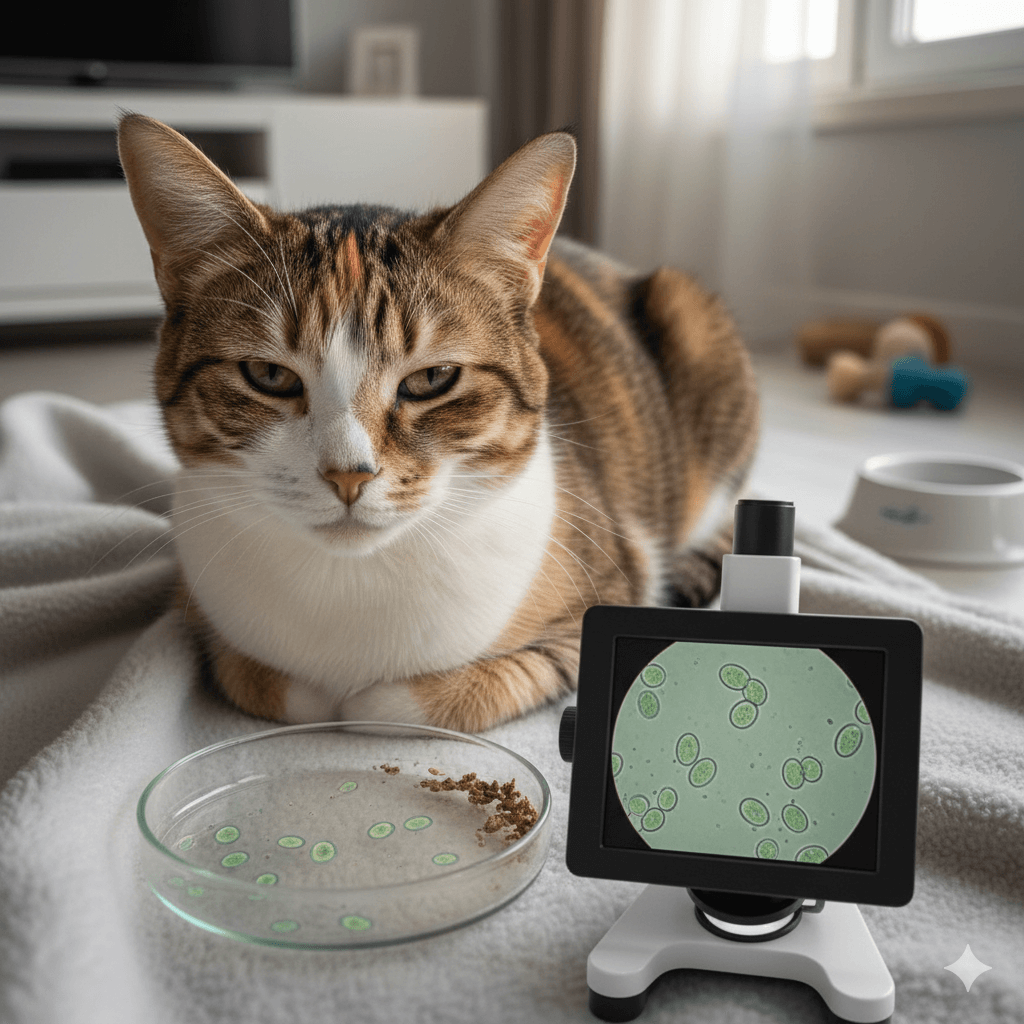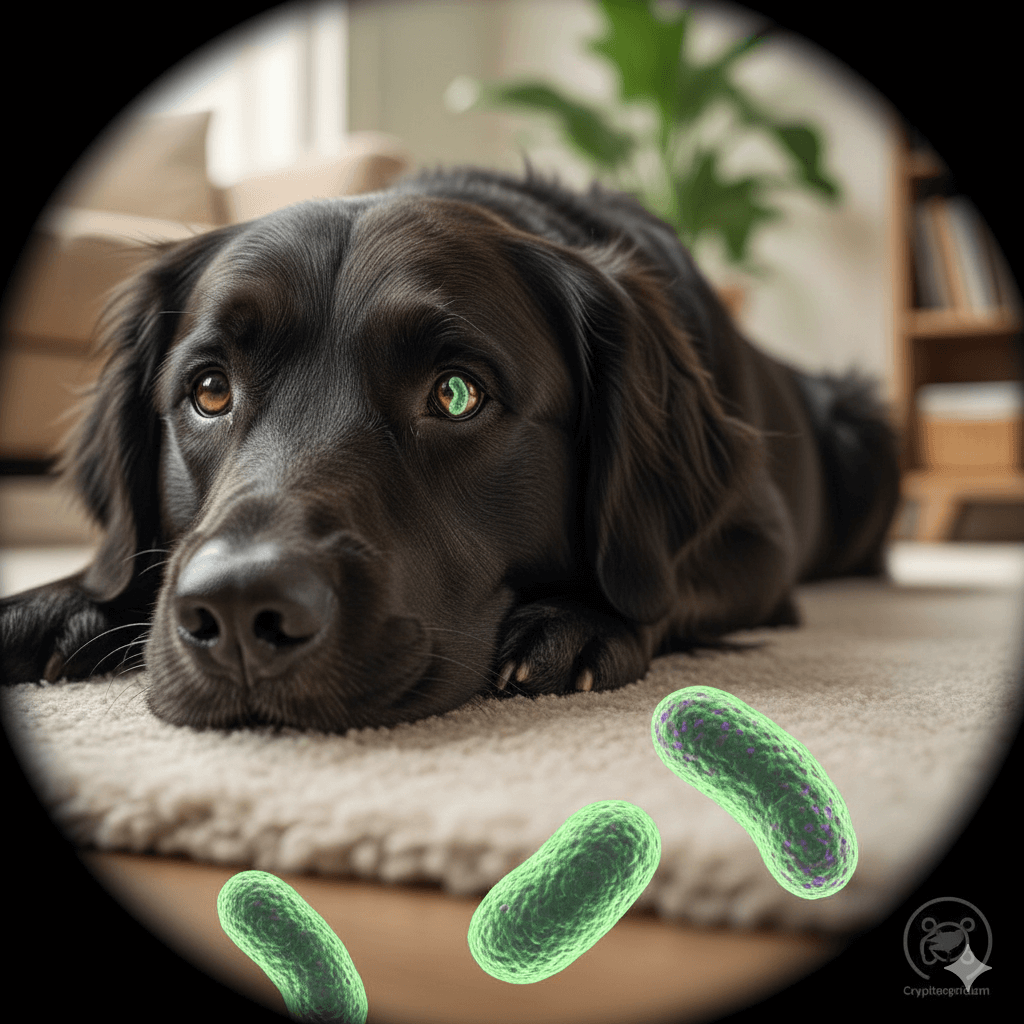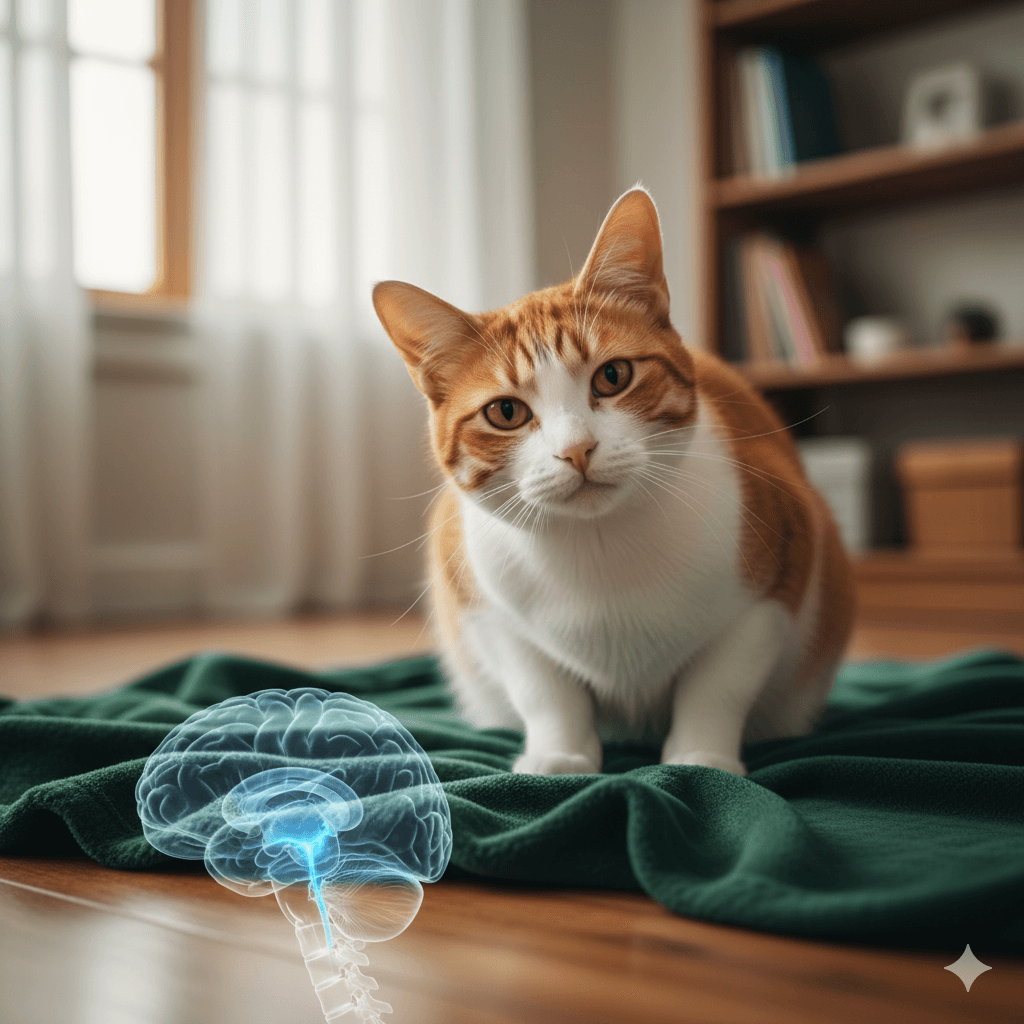Can a Cat Overdose on Gabapentin? What You Need to Know
Gabapentin has become increasingly popular in veterinary medicine as a treatment for various conditions in cats, including anxiety, chronic pain, and seizures. While it’s generally considered safe when administered correctly, many pet owners are left wondering: can a cat overdose on gabapentin? This is a valid concern, especially given how delicate feline health can be. Understanding the risks, symptoms of overdose, and proper dosage guidelines is crucial for ensuring your furry friend stays healthy and happy. In this blog post, we’ll explore everything you need to know about gabapentin use in cats and how to keep them safe from accidental harm.
Understanding Gabapentin: What Is It and Why Is It Prescribed?
Gabapentin is a medication originally developed for humans but has found its way into veterinary care due to its effectiveness in managing certain conditions. To understand why it’s prescribed for cats, let’s break down its uses and benefits:
Pain Management : Gabapentin is commonly used to treat chronic pain, particularly neuropathic pain, in cats.
Anxiety Relief : Veterinarians often prescribe gabapentin to calm anxious cats, especially during stressful events like vet visits or travel.
Seizure Control : For cats prone to seizures, gabapentin can help reduce the frequency and severity of episodes.
Post-Surgical Recovery : The medication may be used to alleviate pain after surgical procedures.
Non-Opioid Option : Gabapentin is favored because it doesn’t carry the risk of addiction associated with opioids.
While gabapentin offers numerous benefits, it’s essential to use it responsibly and under veterinary supervision to avoid complications.
Signs of Gabapentin Overdose in Cats
If your cat accidentally ingests too much gabapentin, recognizing the signs of an overdose early can make all the difference. Here’s what to look out for:
Lethargy : A cat experiencing an overdose may appear unusually tired or unresponsive.
Loss of Coordination : Difficulty walking or stumbling could indicate neurological effects from excessive gabapentin.
Vomiting : Gastrointestinal upset is a common symptom of overdose.
Difficulty Breathing : Labored or shallow breathing should be treated as an emergency.
Seizures : Ironically, while gabapentin helps control seizures, an overdose can sometimes trigger them.
If you notice any of these symptoms, it’s critical to seek immediate veterinary care. Time is of the essence when dealing with potential overdoses in pets.
Check this guide 👉Can I Give My Cat Pedialyte? Best 7 Expert Tips!
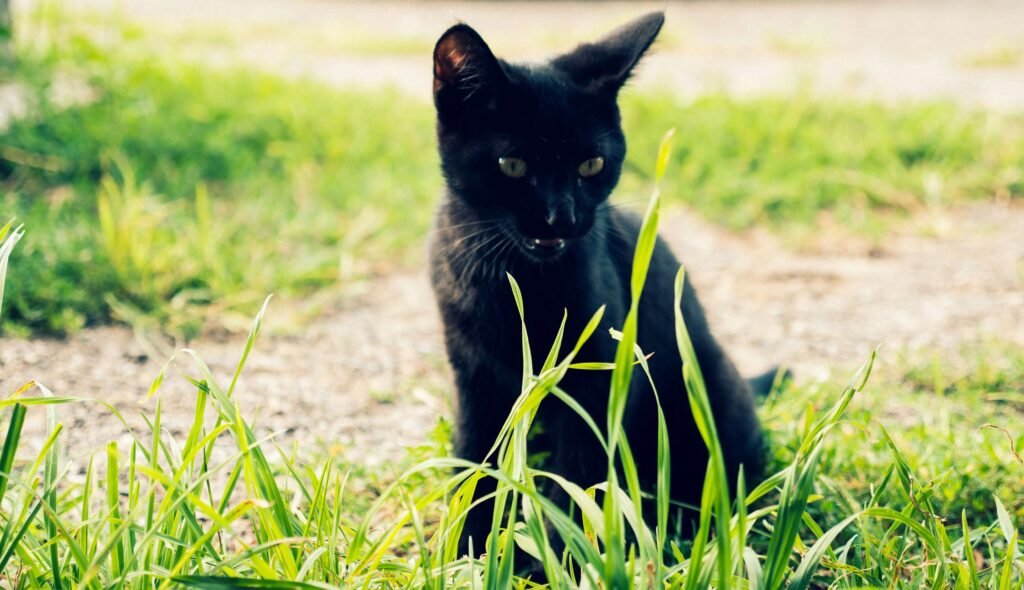
Symptoms of Gabapentin Overdose | What to Do Immediately |
|---|---|
Lethargy | Contact your veterinarian right away. |
Loss of coordination | Keep your cat calm and monitor closely. |
Vomiting | Avoid giving any additional medications. |
Difficulty breathing | Rush to the nearest animal hospital. |
Seizures | Place your cat in a safe, padded area. |
How to Prevent Gabapentin Overdose
Prevention is always better than cure, especially when it comes to medications like gabapentin. Here are some practical steps you can take to minimize the risk of overdose:
Follow Dosage Instructions Carefully : Always administer the exact dose prescribed by your veterinarian.
Store Medications Safely : Keep gabapentin and other medications out of reach in a secure location.
Double-Check Before Administering : Ensure you’re giving the correct amount each time to avoid accidental over-medication.
Communicate with Your Vet : Inform your veterinarian about any changes in your cat’s behavior or health.
Use Pill Dispensers : Consider using pill organizers to track doses and prevent double dosing.
By adopting these preventive measures, you can significantly reduce the likelihood of a gabapentin overdose in your cat.
Treatment Options for Gabapentin Overdose
If your cat does experience a gabapentin overdose, prompt treatment is vital. Here’s what you can expect from veterinary intervention:
Decontamination : In some cases, veterinarians may induce vomiting to remove the drug from your cat’s system.
Activated Charcoal : This may be administered to absorb excess gabapentin and prevent further absorption.
Supportive Care : IV fluids and monitoring may be provided to stabilize your cat’s condition.
Medication Adjustment : If the overdose was due to incorrect dosing, your vet will adjust future prescriptions accordingly.
Observation Period : Your cat may need to stay at the clinic for observation until they recover fully.
With timely and appropriate treatment, most cats recover well from a gabapentin overdose.
Potential Side Effects of Gabapentin in Cats
While gabapentin is generally well-tolerated by cats, it’s important to be aware of potential side effects that may occur even at the correct dosage. These effects are usually mild but should still be monitored closely. Here are some common side effects:
Sedation : Many cats become drowsy or sleepy after taking gabapentin.
Wobbliness : Some cats may experience mild difficulty walking or appear unsteady on their feet.
Increased Appetite : Gabapentin can sometimes cause a temporary boost in hunger.
Mild Vomiting : Occasional gastrointestinal upset may occur but is typically not severe.
Behavioral Changes : Your cat might seem more withdrawn or less active than usual.
If these side effects persist or worsen, contact your veterinarian for advice. Most cats adjust to the medication over time, and any discomfort usually resolves quickly.
Alternatives to Gabapentin for Managing Cat Anxiety
If gabapentin isn’t suitable for your cat or you’re looking for non-medication options, there are several alternatives worth exploring. These methods can help manage anxiety and stress without relying solely on drugs. Consider the following options:
Calming Supplements : Products containing L-theanine or melatonin can promote relaxation naturally.
Pheromone Diffusers : Synthetic feline pheromones mimic calming scents and reduce stress.
Environmental Enrichment : Providing toys, scratching posts, and safe spaces can distract and soothe anxious cats.
Behavioral Training : Positive reinforcement techniques can help desensitize cats to stressful triggers.
Therapeutic Diets : Specialized diets rich in omega-3 fatty acids may support brain health and reduce anxiety.
Each cat responds differently, so it may take some trial and error to find the best solution for your pet. Always consult your vet before introducing new supplements or treatments.
Tips for Administering Medications to Cats
Giving medications to cats can be challenging, but with the right approach, it becomes much easier. Whether you’re administering gabapentin or another drug, these tips can make the process smoother for both you and your cat:
Use Pill Pockets : Hide pills in soft treats designed specifically for this purpose.
Crush and Mix : Crush the pill (if approved by your vet) and mix it with wet food or a tasty liquid.
Try a Pill Gun : A pill dispenser tool can help place the medication directly at the back of your cat’s throat.
Reward with Treats : Offer a favorite snack immediately after giving the medication to create positive associations.
Stay Calm and Patient : Cats pick up on your emotions, so staying relaxed will help keep them calm too.
With practice and consistency, administering medications can become a stress-free routine for you and your furry friend.
Frequently Asked Questions About Gabapentin Use in Cats
Is gabapentin safe for cats?
Yes, gabapentin is generally safe for cats when prescribed and administered correctly.
What happens if my cat takes too much gabapentin?
An overdose can lead to symptoms such as lethargy, loss of coordination, vomiting, and difficulty breathing.
How much gabapentin is too much?
The toxic dose varies depending on your cat’s weight and health condition, so consult your vet for specifics.
Can I give my cat gabapentin without a prescription?
No, gabapentin should only be given under veterinary guidance to ensure safety and efficacy.
Are there alternatives to gabapentin for cats?
Yes, there are other medications available, but their suitability depends on your cat’s specific needs.
Final Thoughts: Keeping Your Cat Safe
When used responsibly, gabapentin can be a valuable tool in managing your cat’s health. However, the possibility of an overdose underscores the importance of vigilance and proper administration. By understanding the risks, recognizing symptoms, and taking preventive measures, you can ensure your feline companion remains safe and comfortable. Always consult your veterinarian before starting or adjusting any medication regimen, and remember—your cat’s well-being is worth every precaution.
Understanding Cryptosporidium in Cats: Best 7 Expert Tips! – Spot symptoms, treat safely, and stop parasite spread in your home.
Understanding Cryptosporidium in Dogs: Best 7 Expert Tips! – Learn symptoms, treatment & prevention for this stubborn gut parasite.
Understanding Syringomyelia in Cats: Best 7 Expert Tips! – Recognize signs, manage pain, and support your cat’s neurological health with vet-backed guidance.
Understanding Syringomyelia in Dogs: Best 7 Expert Tips! – Expert insights on symptoms, MRI diagnosis, pain management & quality of life.

